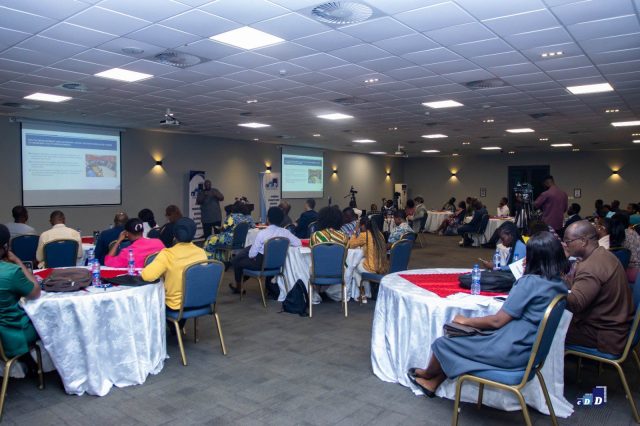Participants at a town hall dissemination forum organized by the Center for Democratic Development (CDD-Ghana) have called for greater investment and funding prioritization for Ghana’s basic education sector.
Drawn from various regions across the country, the participants unanimously agreed that basic education must receive more attention in both policy and resource allocation.
According to them, increased funding would help address critical challenges such as inadequate infrastructure, shortage of teaching and learning materials, and the overall poor condition of public basic schools.
They emphasized that a well-resourced basic school system is key to eliminating weak educational foundations, which continue to hamper learning outcomes nationwide.
On the subject of the Free Senior High School (SHS) policy, the participants expressed support for its expansion but stressed the need for shared responsibility. They recommended that parents contribute to the cost alongside the government to ensure sustainability and efficiency.
Addressing the rural-urban education gap, participants highlighted the urgent need to improve teaching conditions in underserved areas. Suggestions included the provision of essential amenities such as electricity, water, and conducive learning environments to attract and retain quality teachers in rural communities.
Additionally, the participants proposed targeted support for teachers posted to remote areas, including decent accommodation close to their assigned schools. They also called for community-based training programs that would better prepare teachers for service in rural Ghana.
The forum also underscored the importance of enhancing Technical and Vocational Education and Training (TVET) to address the growing unemployment challenge. Participants believed that a strong TVET system would equip young people with relevant skills and reduce dependence on formal white-collar jobs.
Beyond education, the town hall revealed strong public backing for the effective implementation of inclusive education policies—especially for children with disabilities. Participants further advocated for the election of Metropolitan, Municipal, and District Chief Executives (MMDCEs) and the adoption of cost-effective and transparent governance policies.
There were also urgent calls for fair representation of the elderly, youth, and persons with disabilities in access to healthcare, job opportunities, and social protection initiatives.
In conclusion, participants pushed for comprehensive constitutional reforms—particularly the need to review the role of the Council of State and to separate the responsibilities of Members of Parliament from ministerial duties—to promote good governance and accountability.
By Prosper Kwaku Selassy

















